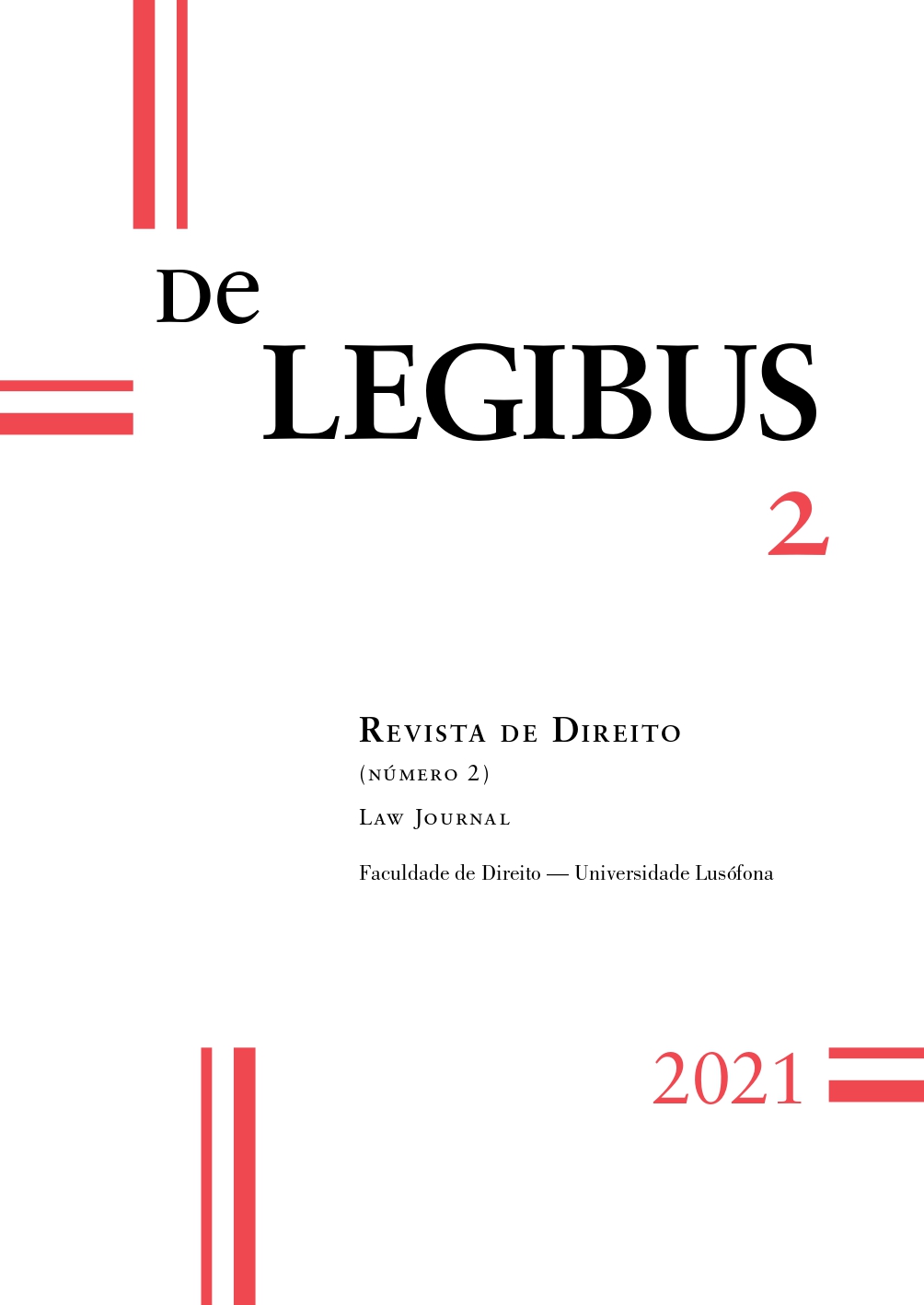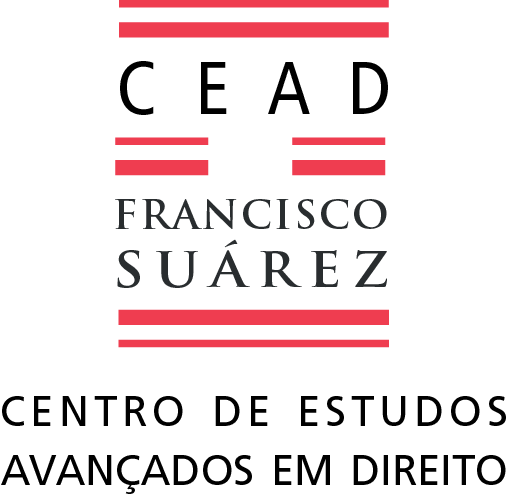The phenomenon of humanization of international law through the post-modern theory of Cançado Trindade
Abstract
Using the hypothetical-deductive method, we make brief considerations about the process of humanization of International Law. From the second half of the 20th century onwards, Human Consciousness readjusts the plans of international normativity and promotes a transformation in the teleology of international relations. International Law migrates to the paradigm of global society, transforming itself into a regulatory law aimed at satisfying the common interests of humanity. International Law is open to axiology and normative gradation. Man and the protection of his dignity are consolidated as the essence of national and international law. We witness the advent of a humanized public order, clothed in preexisting values that are superior to positive law. These values are identified with respect for and protection of human dignity. International Law is moralized to the extent that human reason reveals the content of values considered superior to the international community as a whole. Despite the heterogeneous concept of the international community itself as a whole, we maintain that international organizations retain their main voice, as they have effectively become autonomous centers for the imputation of rights and duties.
Downloads
![]()
Free and open access to the editorial content is guaranteed for all readers, and its full or partial reproduction is permitted under the CC BY 4.0 (Creative Commons Atribuição 4.0 Internacional) license.





